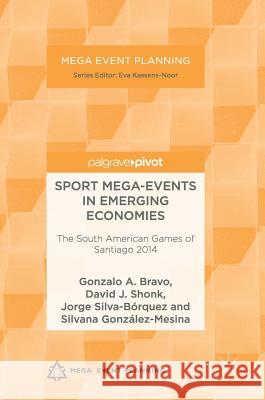Sport Mega-Events in Emerging Economies: The South American Games of Santiago 2014 » książka
topmenu
Sport Mega-Events in Emerging Economies: The South American Games of Santiago 2014
ISBN-13: 9781137568878 / Angielski / Twarda / 2018 / 147 str.
Kategorie:
Kategorie BISAC:
Wydawca:
Palgrave Pivot
Seria wydawnicza:
Język:
Angielski
ISBN-13:
9781137568878
Rok wydania:
2018
Wydanie:
2018
Ilość stron:
147
Waga:
0.35 kg
Wymiary:
21.01 x 14.81 x 1.12
Oprawa:
Twarda
Wolumenów:
01
Dodatkowe informacje:
Wydanie ilustrowane











